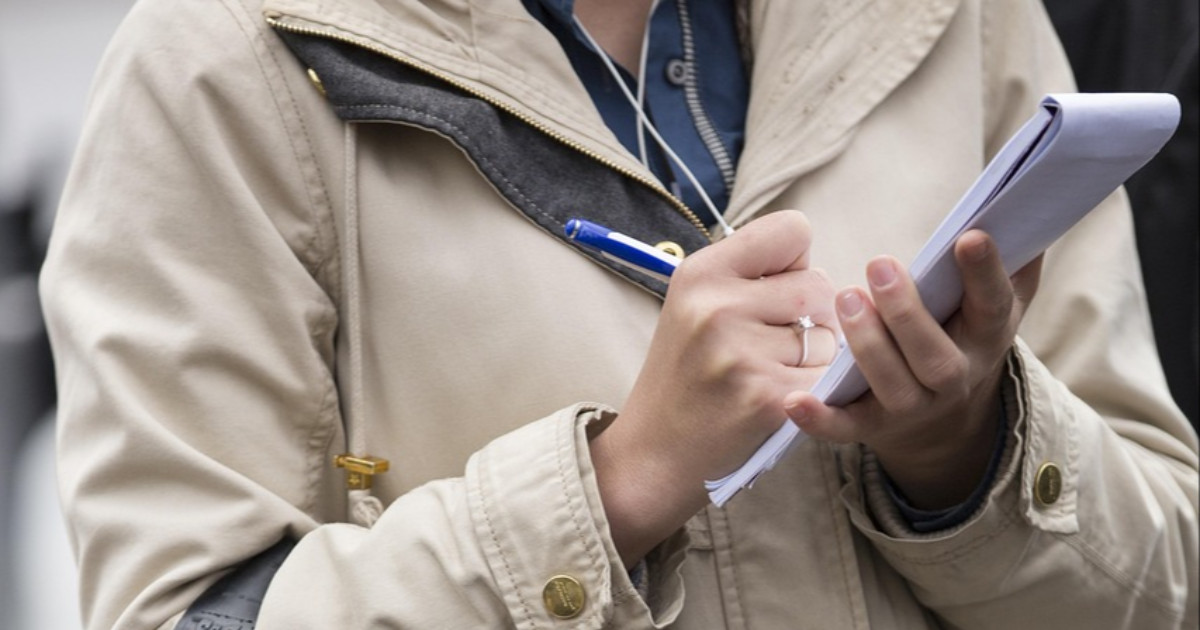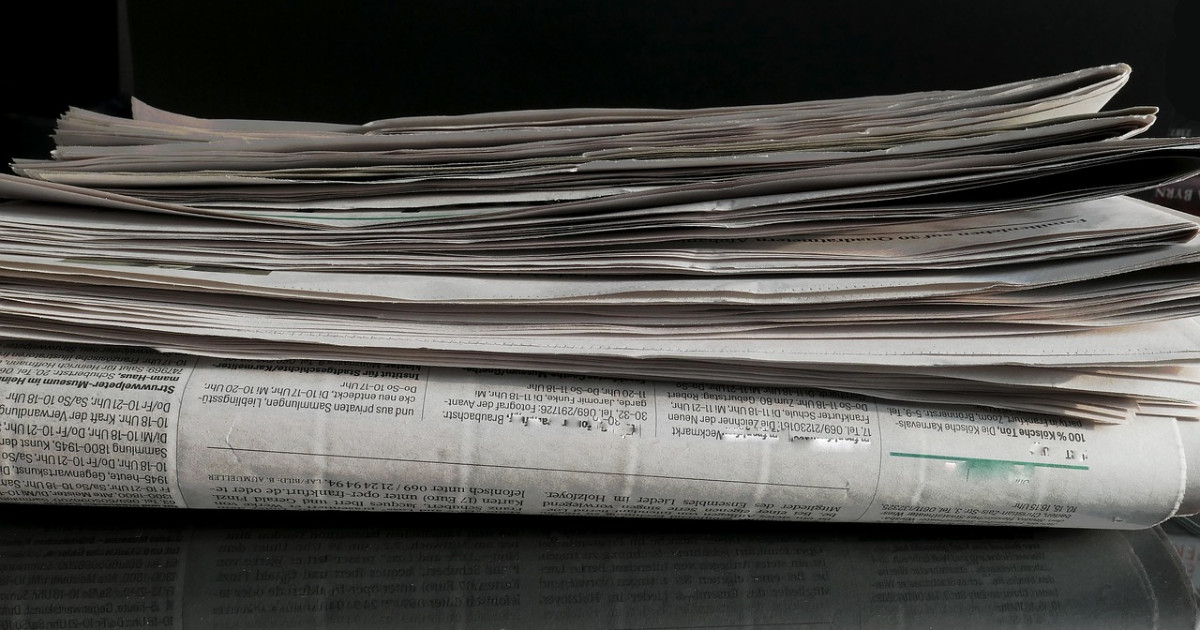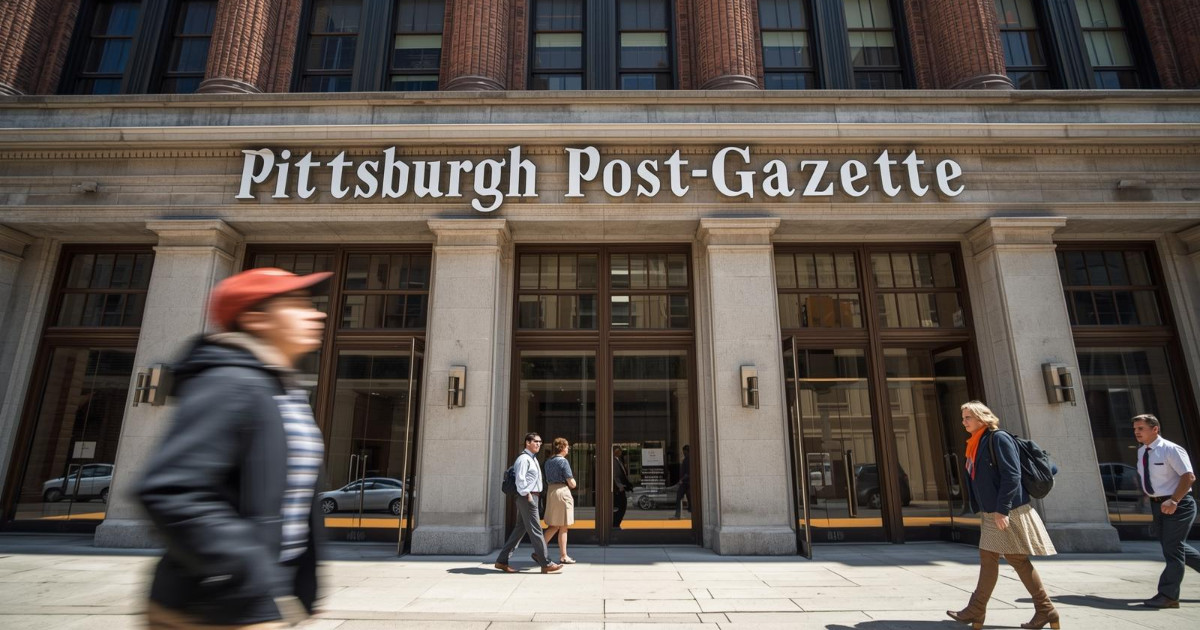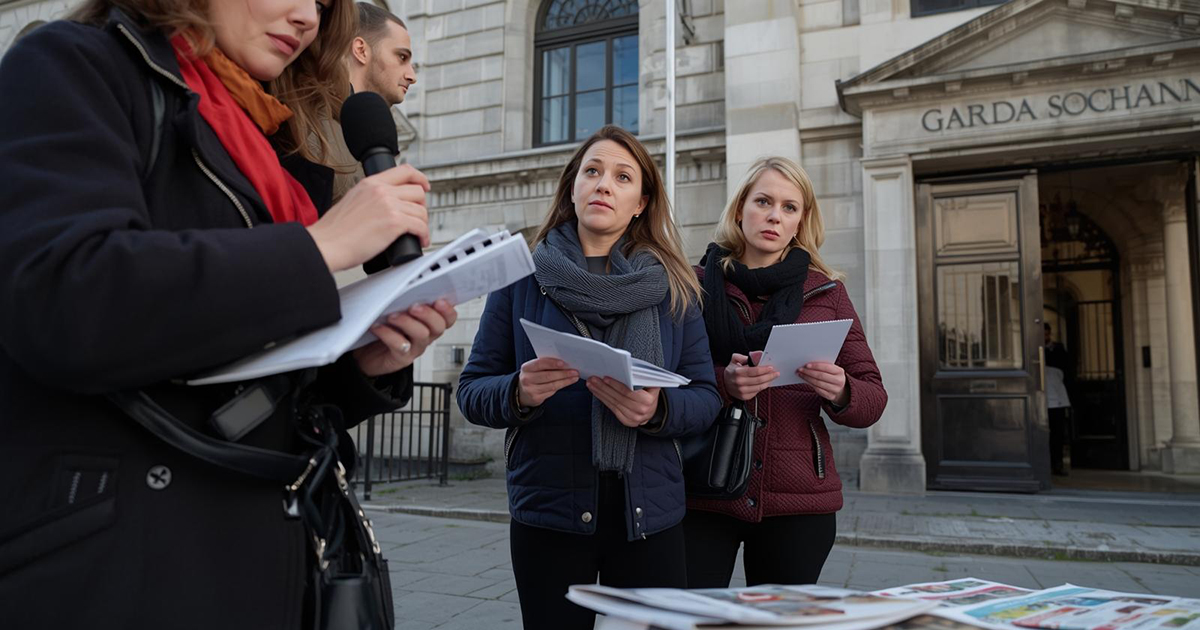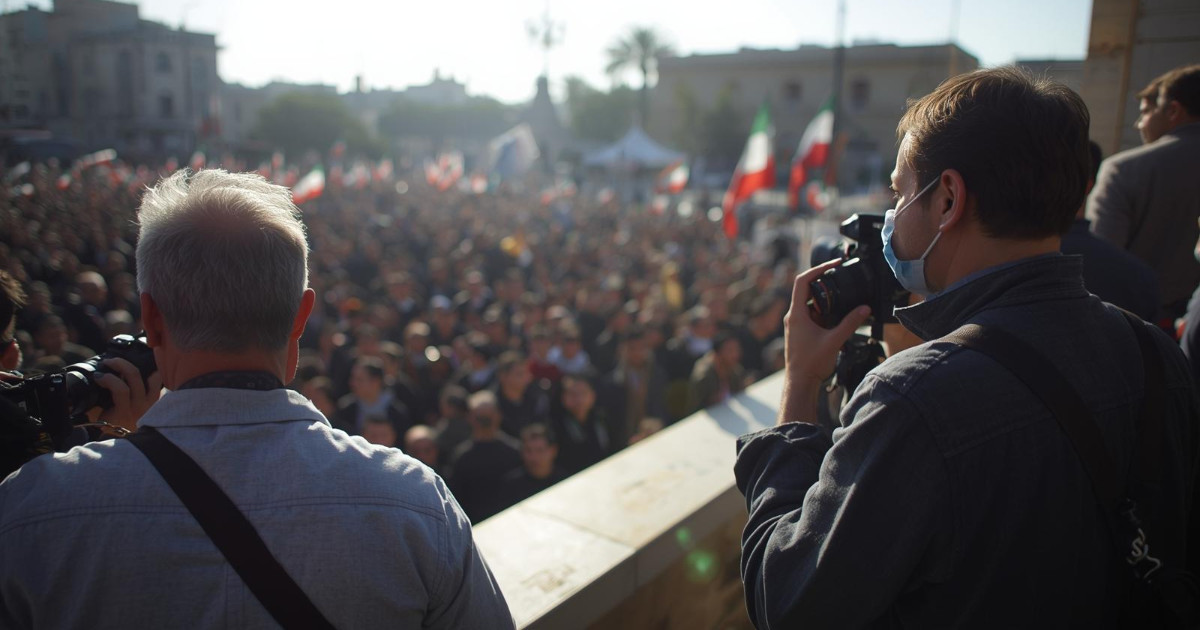Two years on, journalist still behind bars
JournalismPakistan.com | Published: 16 August 2012
Join our WhatsApp channelAbdul Ilah Haydar Shayi’, a Yemeni journalist, has been imprisoned for two years since alleging US involvement in airstrikes. Amnesty International calls for his release.Summary
The Yemeni authorities must set aside the conviction of a journalist imprisoned after he alleged US involvement in fatal air strikes in the country – including the use of cluster bombs – and release him, Amnesty International said Thursday.
Thursday marks two years since Abdul Ilah Haydar Shayi’, an investigative journalist specializing in counter-terrorism affairs, was arrested at his home in the Yemeni capital Sana’a, on charges of links to al-Qaeda. He has been behind bars ever since.
On January 18, 2011, he was sentenced to five years’ imprisonment. On February 1, 2011, former Yemeni President Ali Abdullah Saleh issued an order to free him, but it was not carried out after US President Barack Obama expressed concern over the journalist’s release.
Abdul Ilah Haydar Shayi’s lawyers and Yemeni activists say the charges against him were fabricated as a result of his investigative journalism.
(First published by Amnesty International)
KEY POINTS:
- Abdul Ilah Haydar Shayi’ arrested two years ago in Yemen.
- He faced charges allegedly linked to al-Qaeda.
- Amnesty International demands his conviction be overturned.
- Former Yemeni President ordered his release, which was not honored.
- Lawyers claim the charges were fabricated due to his reporting.



